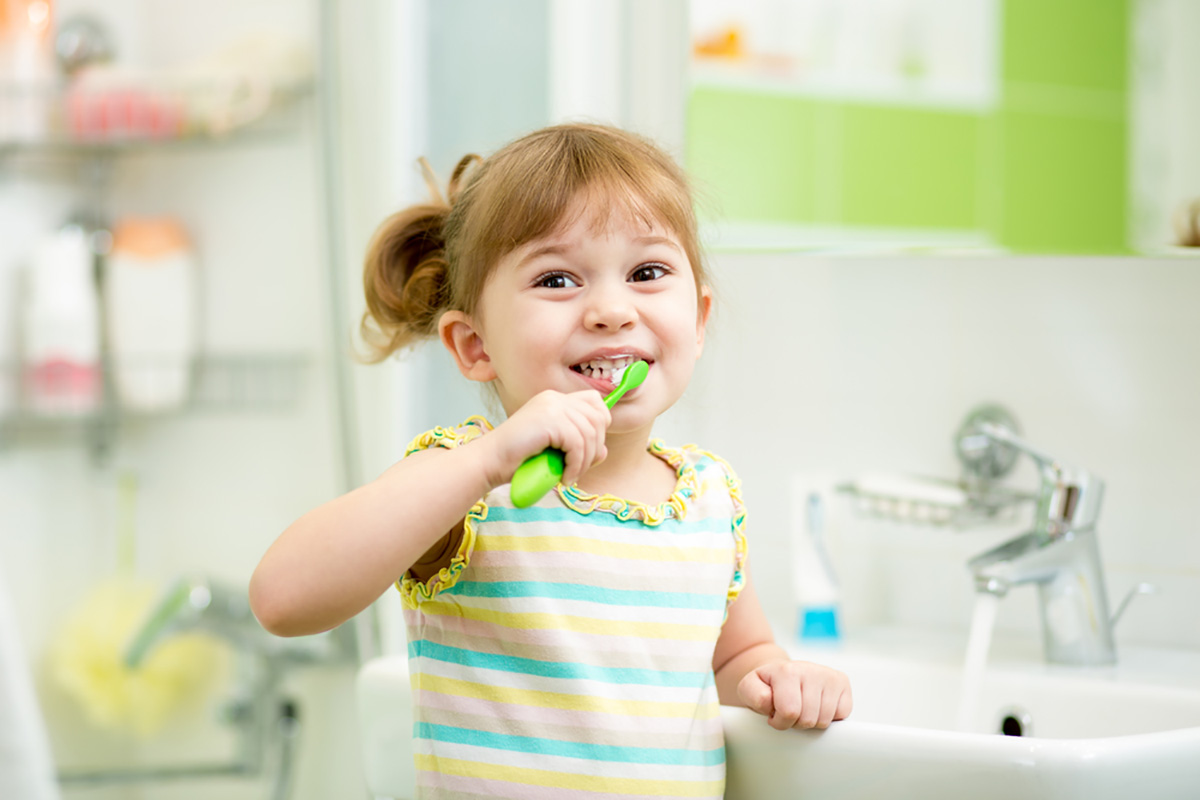Knowing what to do—and what not to do—when your child is sick can greatly affect their health and well-being. That’s especially true with dental problems.
Here then are some Dos and Don’ts for 3 common problems children experience with their teeth and gums.
Teething. An infant’s first teeth breaking through the gums is a normal but often unpleasant experience. Fortunately, teething episodes only last a few days. And, there’s usually no need to see the dentist unless they have a fever or diarrhea while teething. In the meantime:
- Do: provide them chilled (not frozen) cloth or plastic items to bite and gnaw, and massage their gums to relieve painful pressure. You can also give them an age-appropriate dose of a mild pain reliever.
- Don’t: rub any medication on their gums, which can irritate them and other soft tissues. Never use alcohol or aspirin to alleviate teething discomfort. And avoid using anything with benzocaine, a numbing agent which can be hazardous to young children.
Toothache. Whether a momentary sensitivity to hot or cold or a sharp, throbbing pain, a child’s toothache often signals tooth decay, a bacterial disease which could eventually lead to tooth loss.
- Do: make a dental appointment at your child’s first complaint of a toothache. Ease the pain with a warm-water rinse, a cold compress to the outside of the jaw, or a mild pain reliever.
- Don’t: rub medication on the teeth or gums (for similar reasons as with teething). Don’t apply ice or heat directly to the affected tooth or gums, which can burn them.
Bleeding gums. Gum bleeding from normal brushing or flossing, along with red or swollen gums, may indicate periodontal (gum) disease. Although rare in children, it can still happen—and it can put an affected tooth in danger.
- Do: see your dentist if bleeding continues for a few days. Continue to brush gently with a soft-bristled toothbrush around the gums to remove plaque, a thin-biofilm most responsible for gum infection.
- Don’t: brush aggressively or more than twice a day, which could unnecessarily irritate and damage the gums. And don’t stop brushing—it’s important to remove plaque buildup daily to lessen the gum infection.
If you would like more information on dental care for children, please contact us or schedule an appointment for a consultation.


